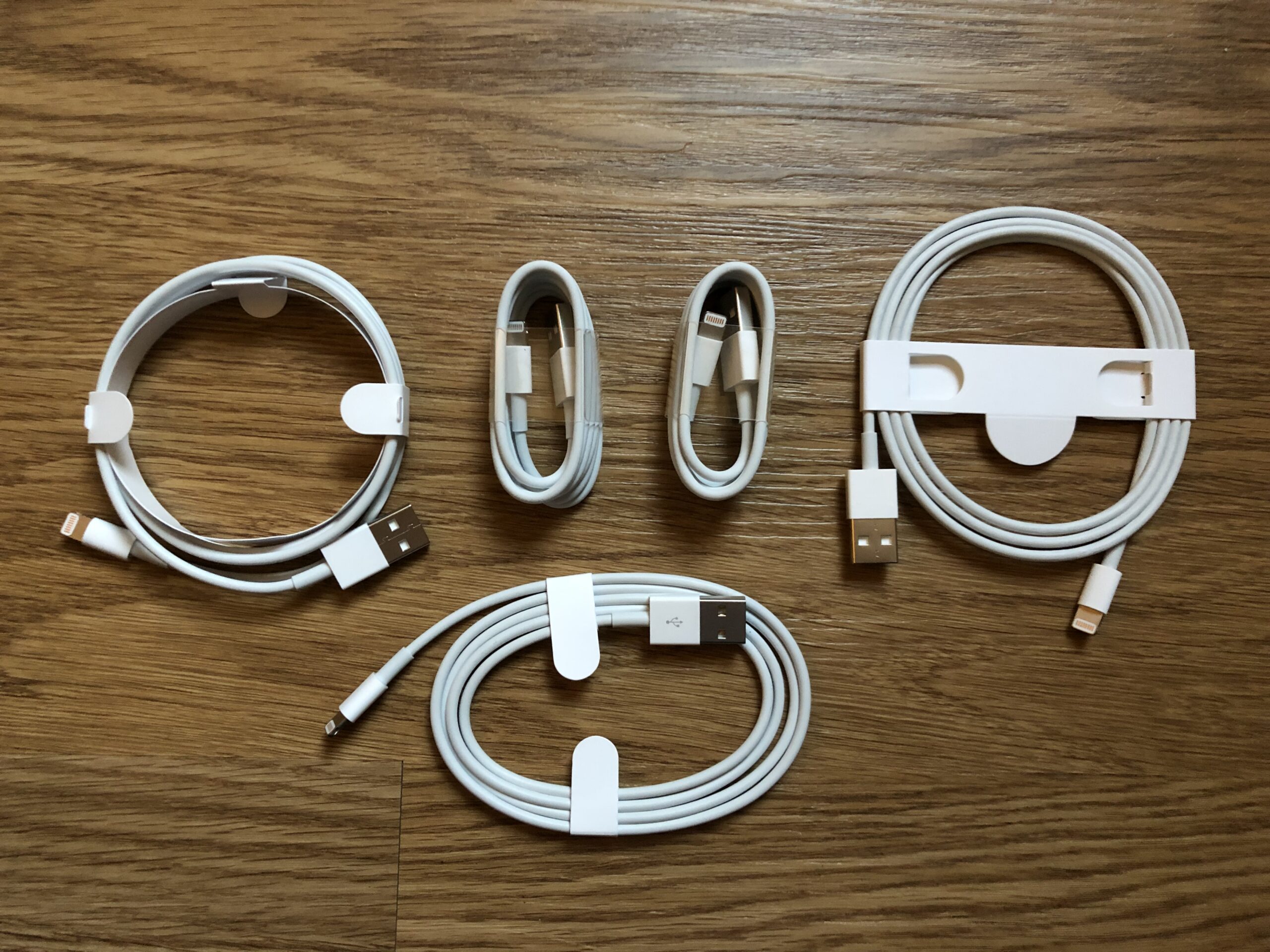Apple has begun pulling all Lightning-based devices from its European stores to comply with new EU regulations mandating the adoption of USB-C as the standard charging port.
Key Points at a Glance
- Apple has stopped selling Lightning-based devices in Europe due to new EU regulations.
- The EU’s directive mandates USB-C as the universal charging standard for electronic devices.
- This move aligns Apple with the European push for reduced electronic waste and consumer convenience.
- Devices like older iPhones and accessories will no longer be available in European stores.
Apple has taken a significant step in adapting to European Union regulations by removing Lightning-based devices from its European retail and online stores. This decision follows the EU’s directive requiring USB-C to become the universal charging standard for electronic devices sold within member states.
The new regulation, aimed at reducing electronic waste and simplifying life for consumers, mandates that all portable electronic devices sold in the EU must feature USB-C ports. Apple, known for its proprietary Lightning connector, has been gradually shifting its product lineup to USB-C, starting with the latest iPhone models and accessories.
Older devices, including iPhones with Lightning connectors and corresponding accessories, are no longer available for purchase in European stores. The move underscores Apple’s commitment to complying with the directive while marking a pivotal moment in the company’s transition to universal compatibility.
Critics of the Lightning port have long argued that its proprietary nature created unnecessary costs and waste for consumers, who needed separate chargers and accessories for Apple devices. The EU’s regulation seeks to address these issues by standardizing charging ports across all brands, benefiting consumers and the environment alike.
For Apple, the transition signals the end of an era for the Lightning connector, which was introduced in 2012 and became a hallmark of the company’s design philosophy. While the decision is driven by regulatory compliance, it also aligns with broader sustainability goals, reducing e-waste generated by outdated accessories and chargers.
Consumers in Europe can now expect a streamlined experience when purchasing Apple devices, as USB-C becomes the unified standard for charging and data transfer. This shift not only simplifies compatibility across devices but also paves the way for a more sustainable future in electronics.
